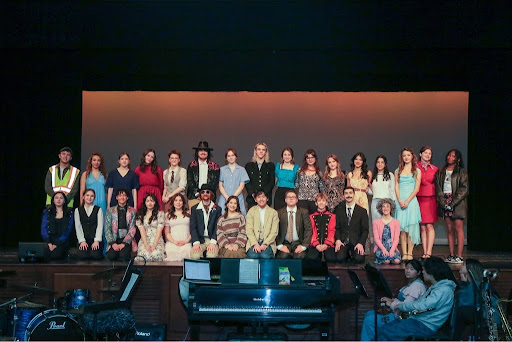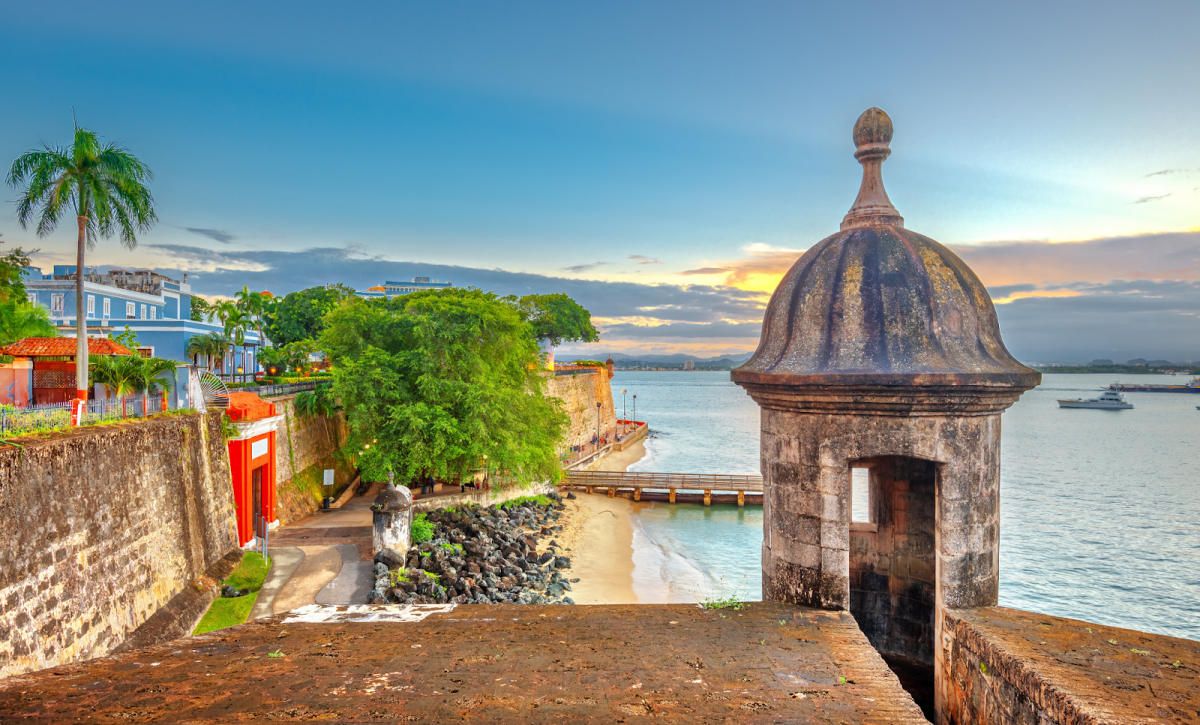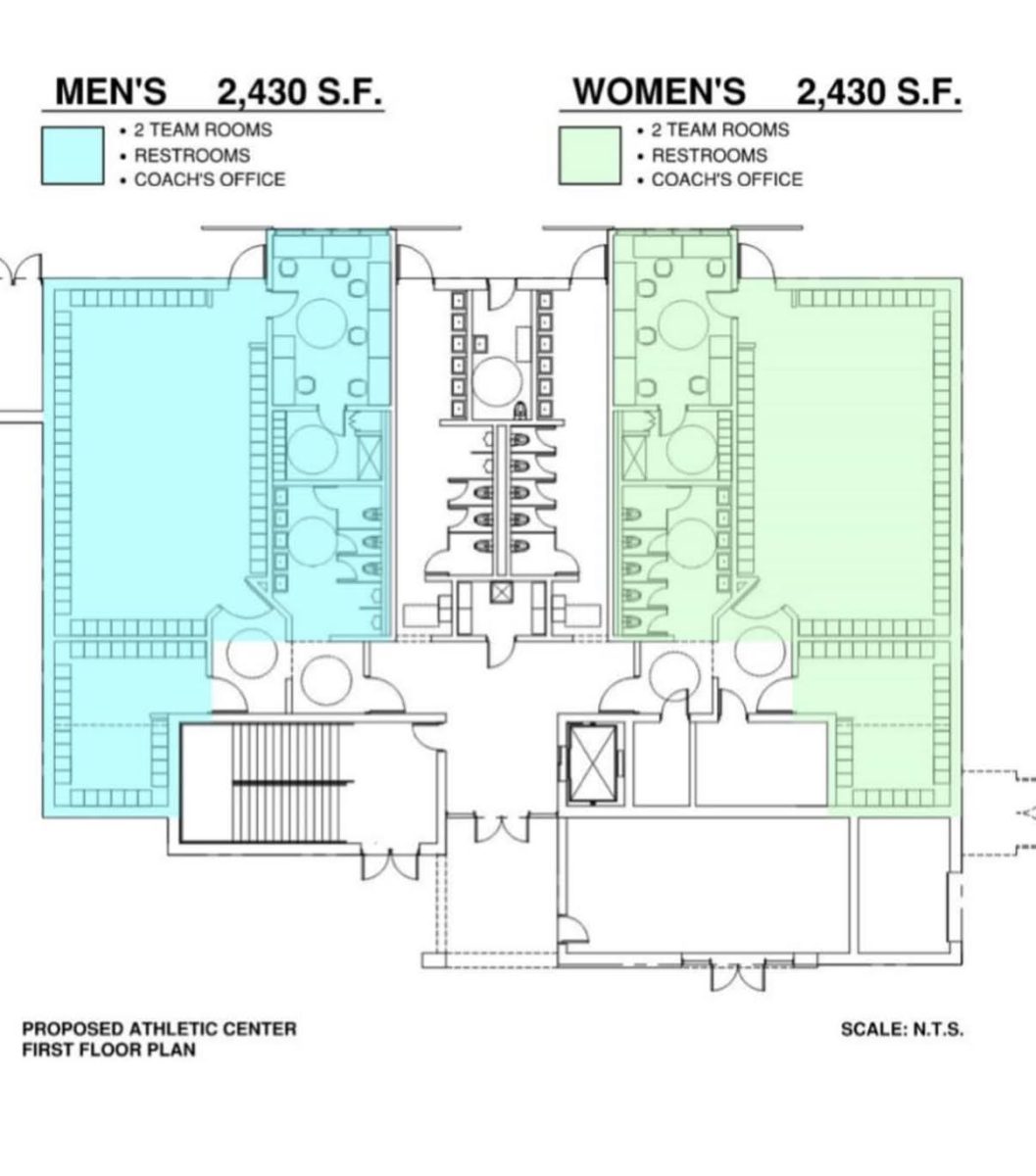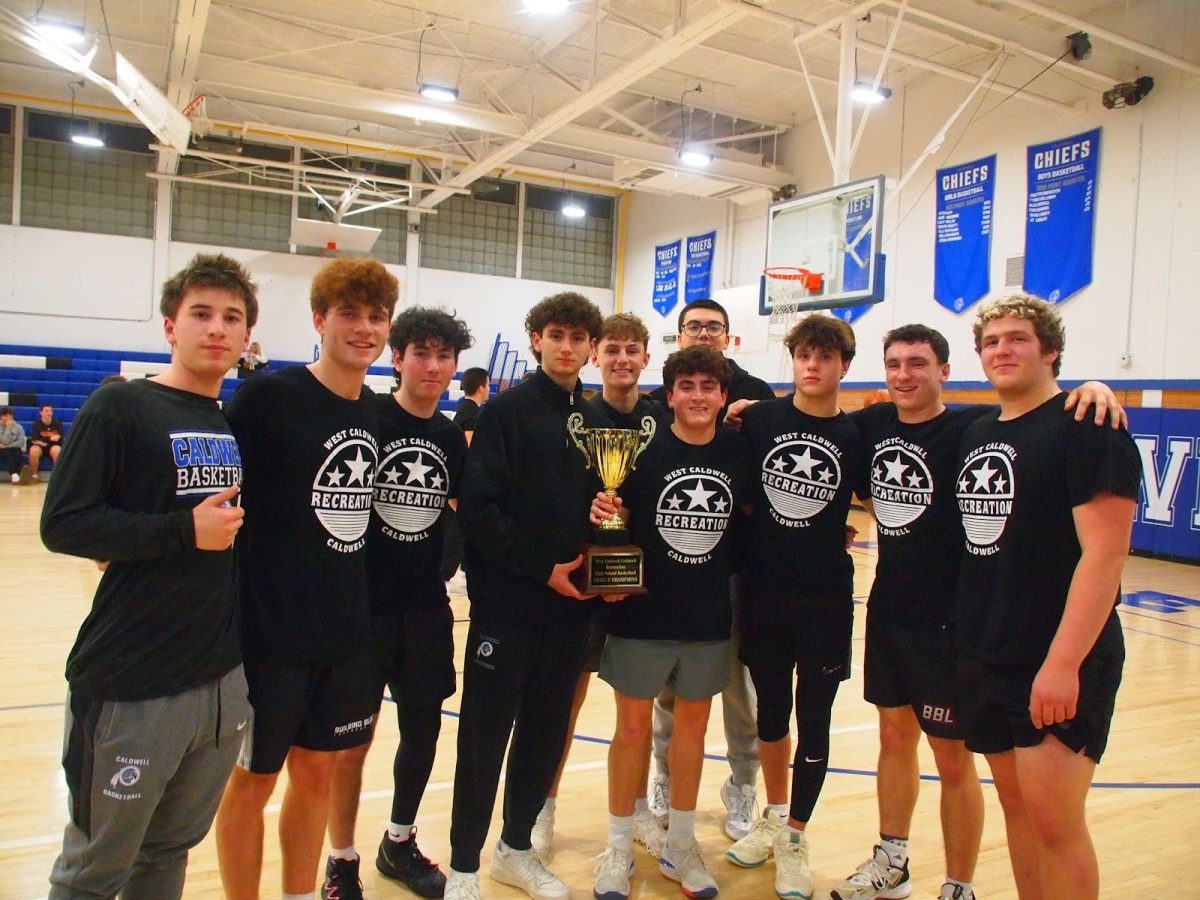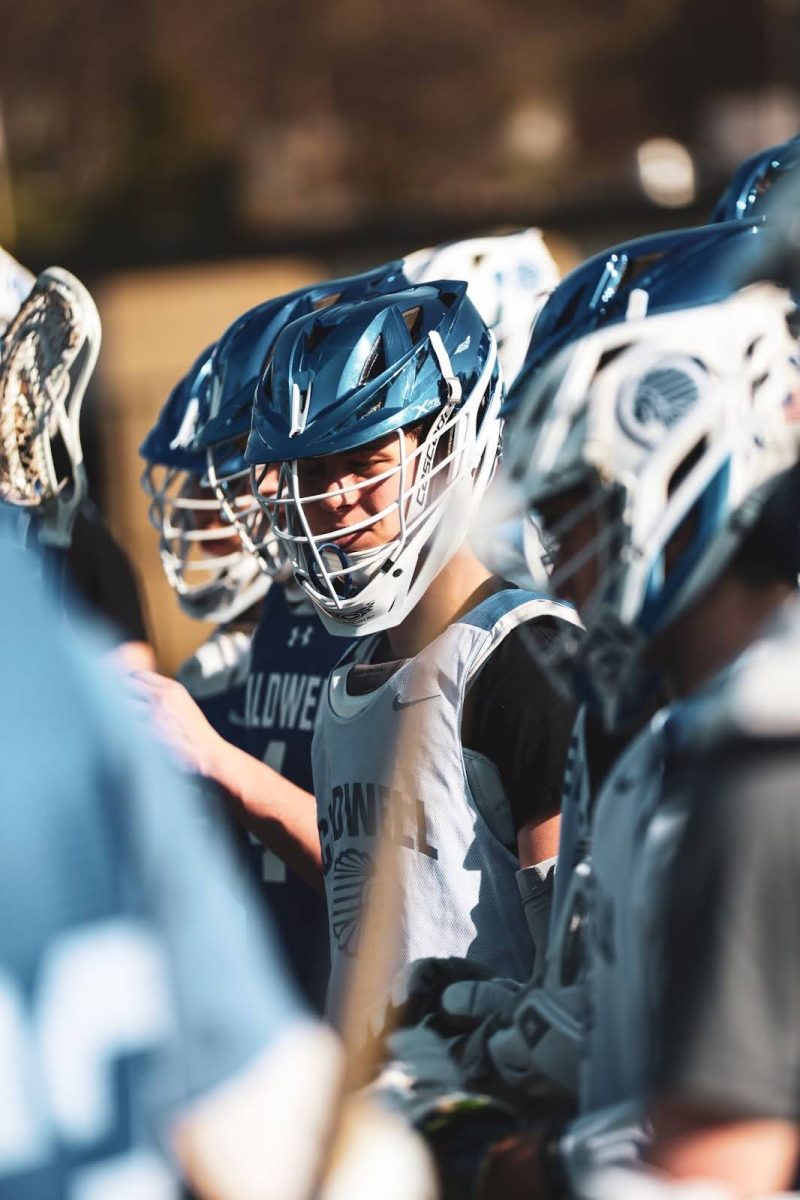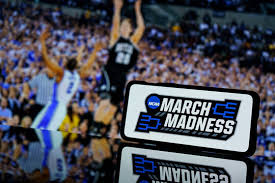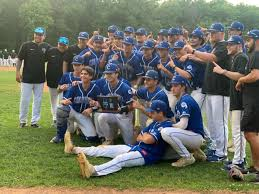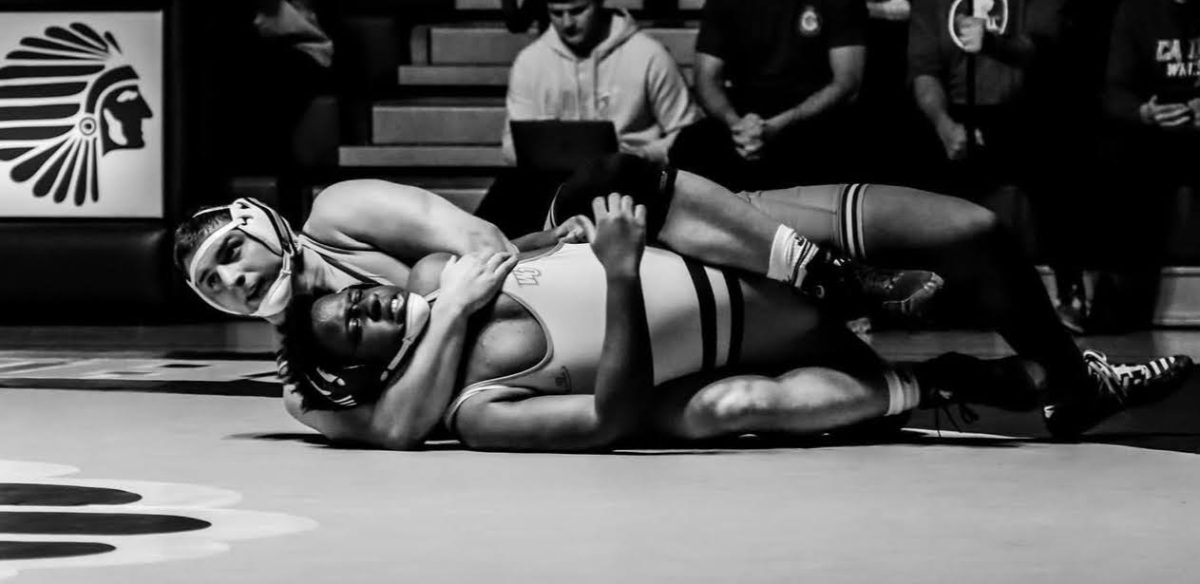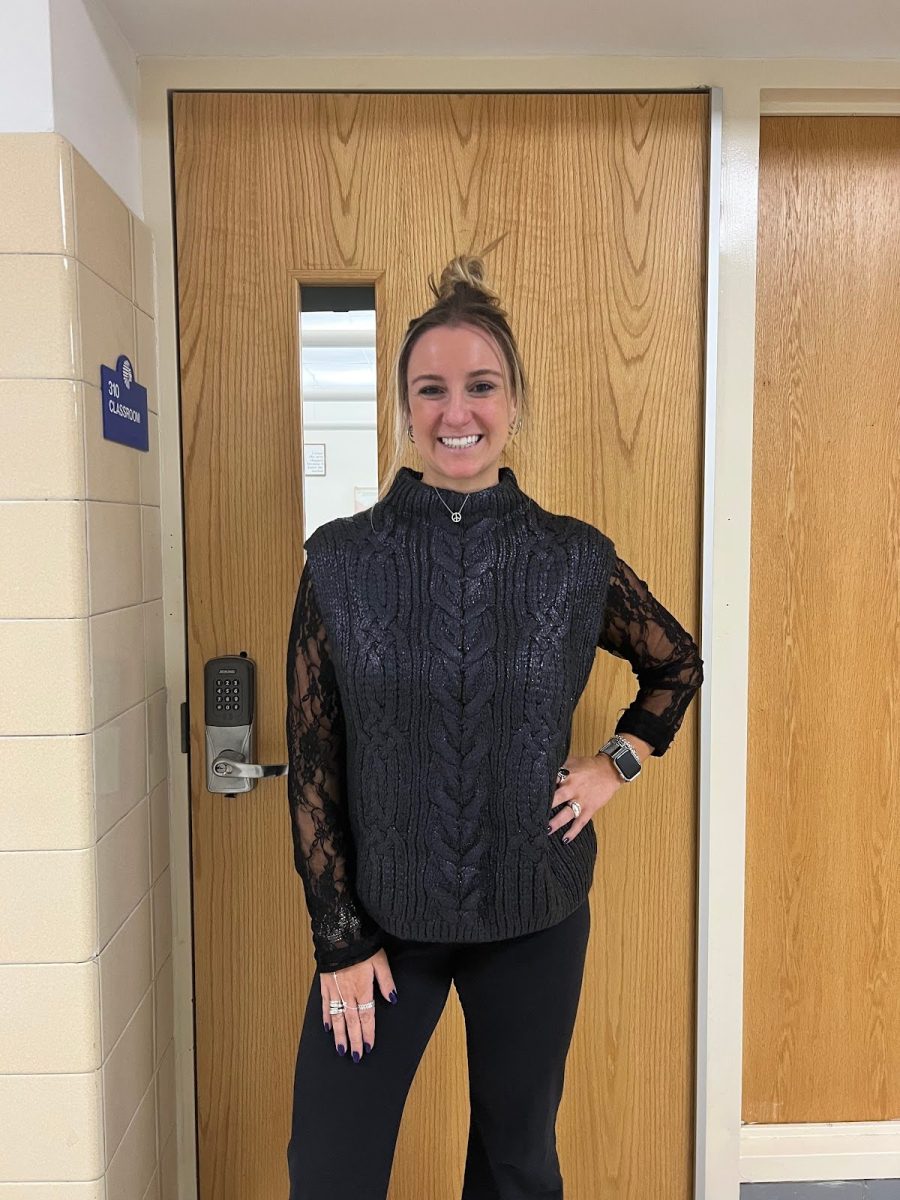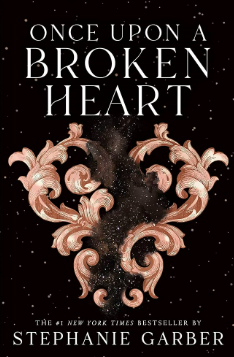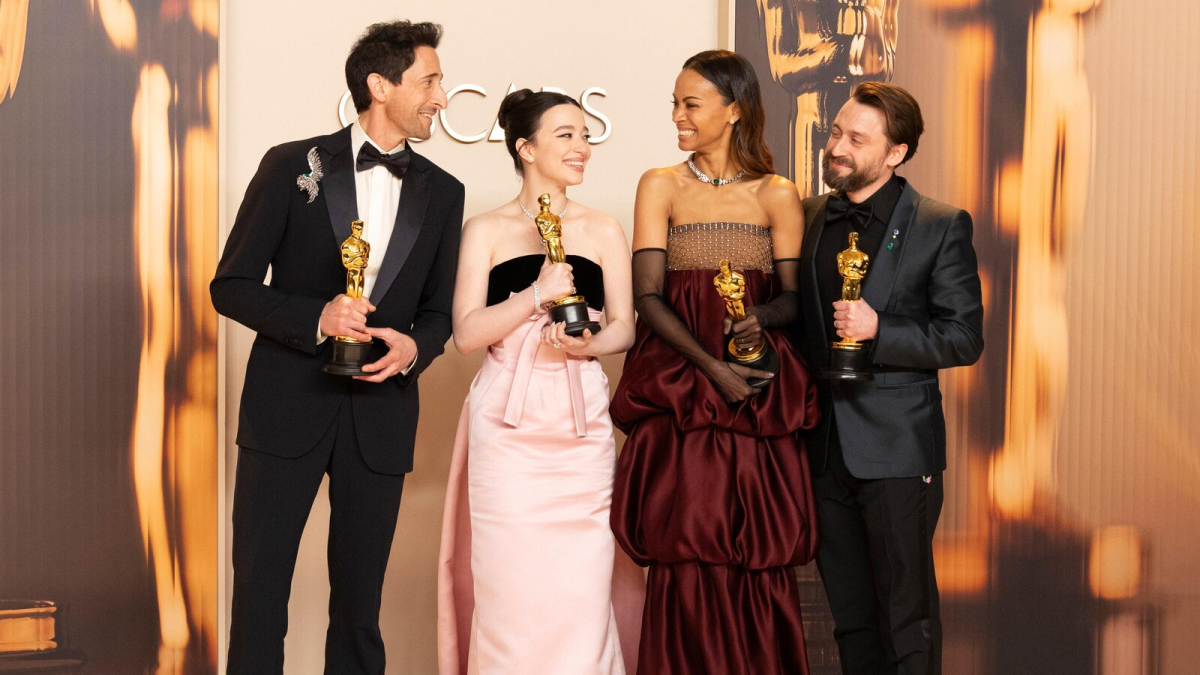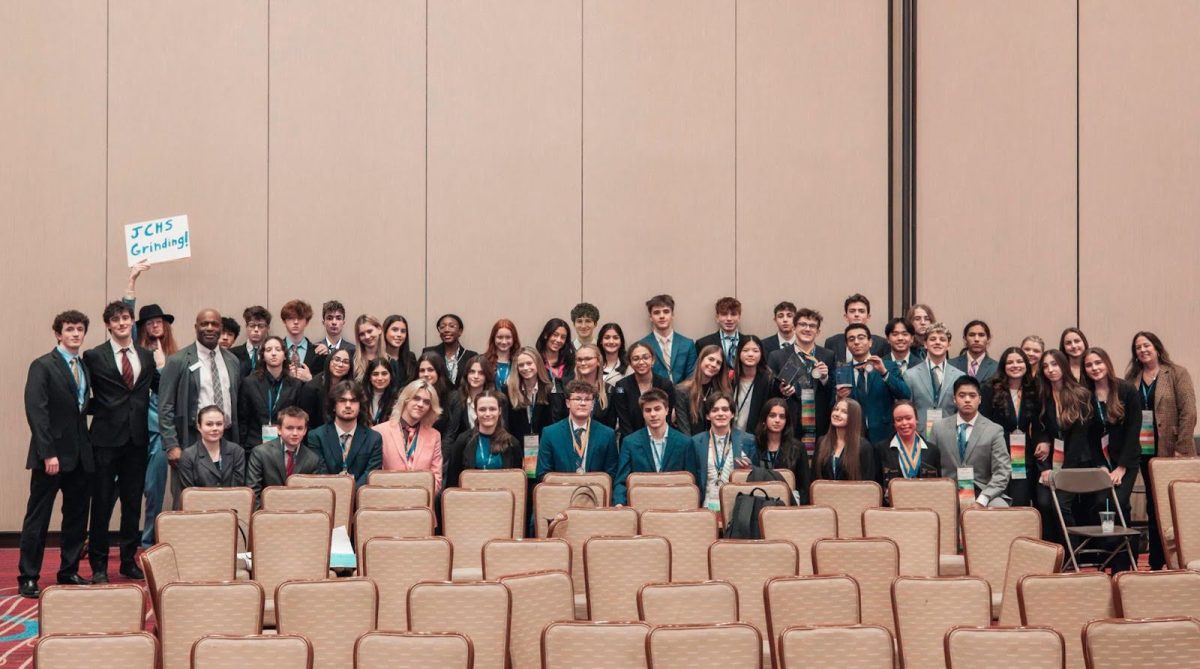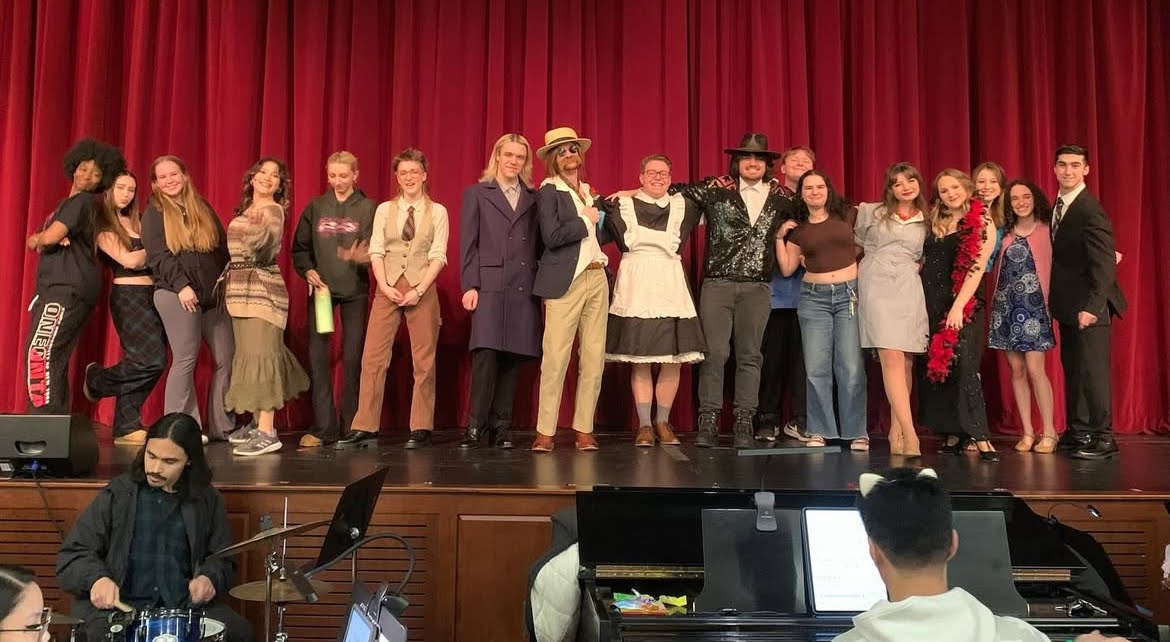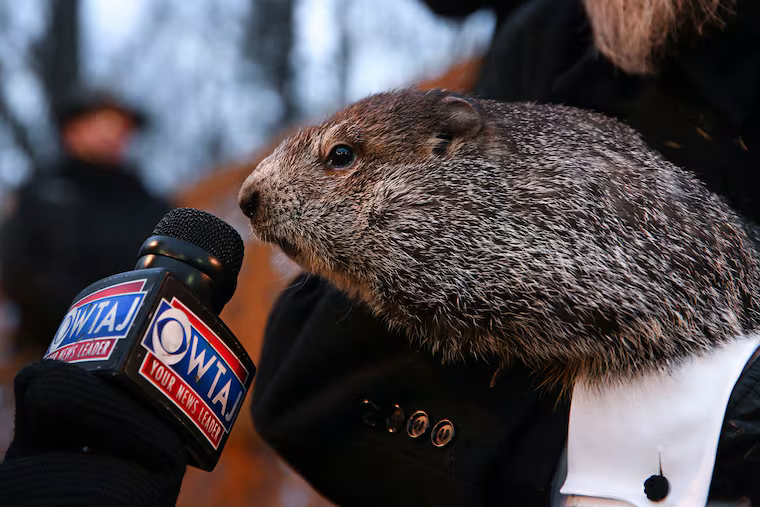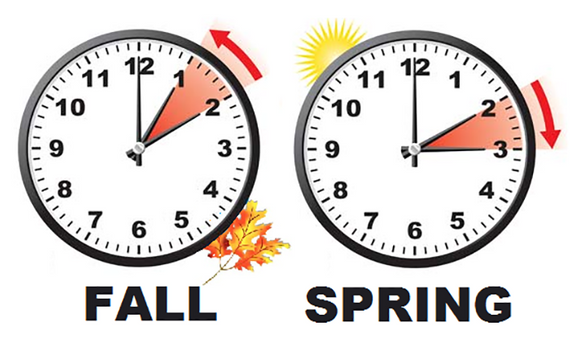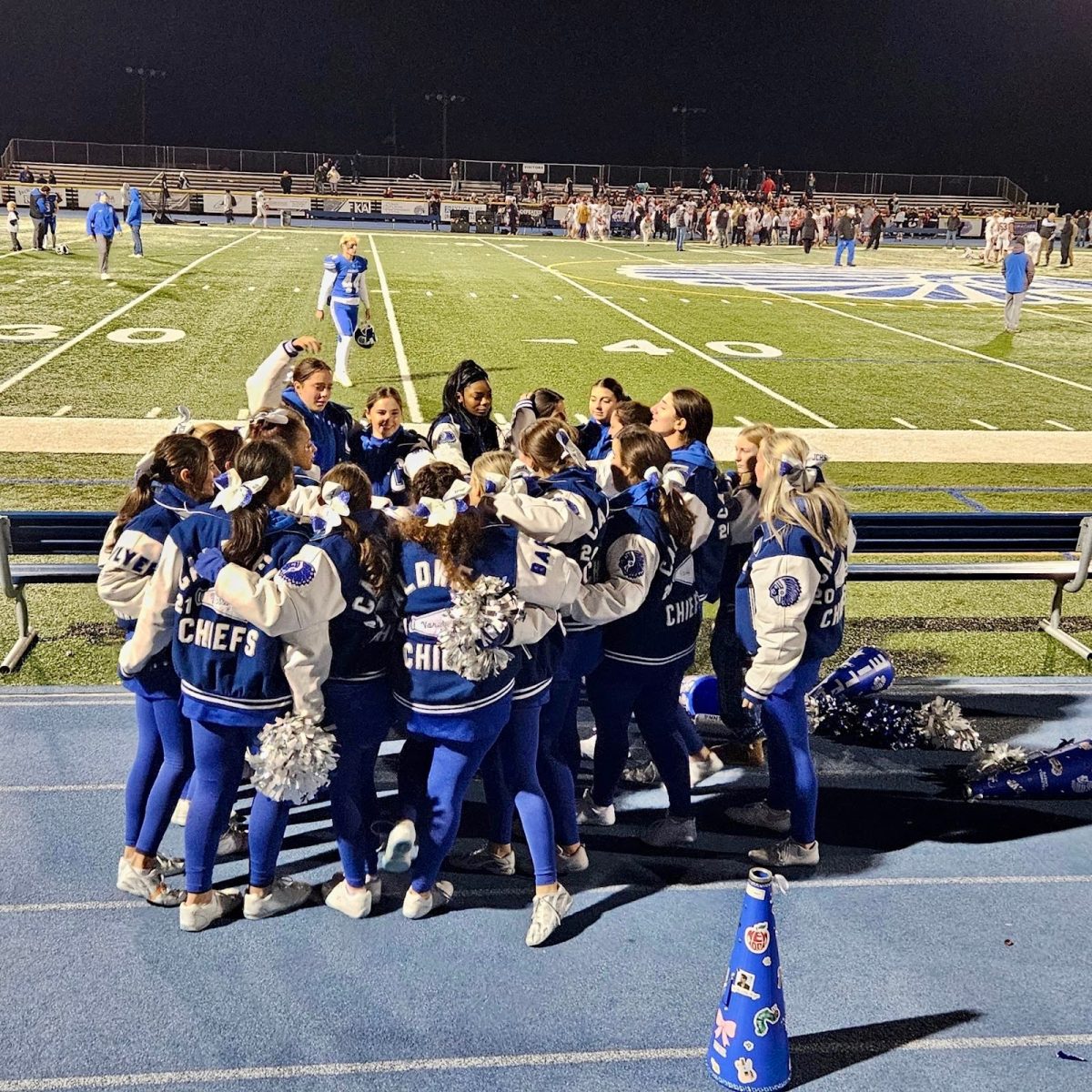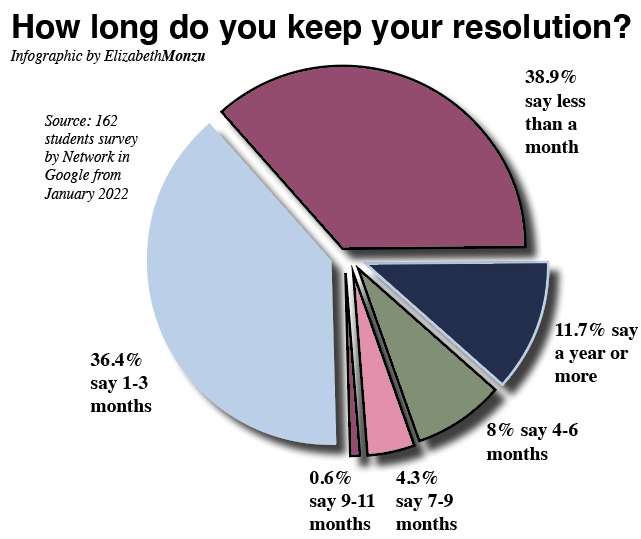“3-2; There it is! The Washington Nationals are World Champions for the first time in franchise history!”. These words, spoken by famed sports broadcaster Joe Buck, are the words D.C. baseball fans had been waiting to hear since the city’s last championship, won in 1924 by the Senators. D.C. and the Nationals’ 2019 World Series Championship journey begins long before the season started, and spans over many generations.
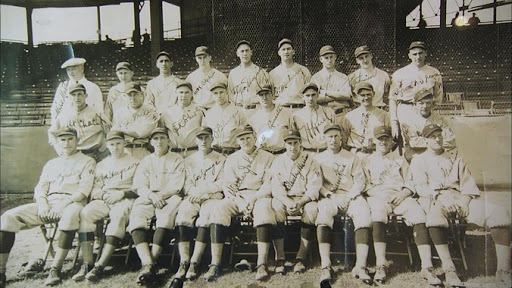
America’s capital city had three major professional baseball teams before the Nationals, with every one being named the Senators. Unfortunately for D.C., the first version of the Senators ceased operations before the turn of the 20th century, and the other two relocated to Minnesota and Texas respectively. The latter of the two relocated teams left in 1971, and D.C. wouldn’t see another MLB team for another 34 years. However, in 2001, a turn of events led the MLB to gain ownership of the Montreal Expos. MLB was set on moving the Expos out of Montreal, and planned for the team to settle in D.C. and become the Nationals. Their plan went into action, and the Nationals began play in Washington at the start of the 2005 season. RFK Stadium was chosen as the site for the Nationals’ home games, where they sported an average win total of 75 wins for three years before moving to their new stadium, Nationals Park. The new ballpark, which opened in 2008, included fancy features like a big scoreboard in right field and the now famed Red Porch Seats. Nationals Park was officially ushered into baseball when Ryan Zimmerman, the Nationals first ever draft pick, slugged a walk-off grand slam on opening day of 2008 to help defeat the visiting Atlanta Braves.
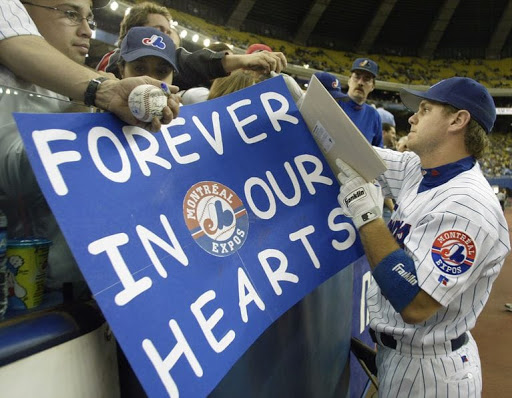
Up until 2012, the Nationals would play even worse than they had been, but turned their fortunes around when top draft picks Bryce Harper (Right Field) and Stephen Strasburg (Starting Pitcher) began to blossom into stars. 2012 also marked the first time the Nationals had won the NL East and reached the playoffs. In the playoffs, Washington would battle the St. Louis Cardinals to the NLDS maximum of five games, and were within striking distance of the NLCS. However, down to their final out and on the brink of elimination, Cardinals second baseman Daniel Descalso hit a single that bounced off shortstop Ian Desmond’s glove, tying the game. Shortly after, Cardinals infielder Pete Kozma would line another single, this time into right field, scoring two more runs and putting the Nationals into a hole that they would never escape. The next season, the Nationals would fail to make the playoffs. But, they would return in 2014 to face the San Francisco Giants, where they would eventually lose in 4 games. Though the Nationals would fall short of the playoffs once again in 2015, Bryce Harper slugged his way to an MVP award, racking up 42 home runs and a 1.109 OPS, both miles above the league averages. Harper’s fantastic season gave the Nationals hope for the 2016 season, where they would make the playoffs, but once again lose in the NLDS, this time to the Los Angeles Dodgers in five games. To put even more salt in the Nationals wound, all three losses were by only one run. While 2016 was yet another let down for the Nationals, 2017 saw an even better year. By season’s end, the Nationals were 20 wins better than the next best team in the NL East, and had clinched home field advantage for the upcoming NLDS versus the Chicago Cubs. In a tale that was starting to become all too familiar for Washington, they lost once again in five games. The final game of the series, played at Nationals Park in front of a sold out crowd, showcased the Nationals’ ace Max Scherzer imploding, giving up 3 hits, a hit by pitch, and a passed ball, resulting in four runs for the Cubs. Washington regressed in 2018, failing to make the playoffs, and finishing with a very disappointing 82-80 record under new manager Dave Martinez.
Although the previous seven seasons had all ended in unsatisfying fashion, Nationals general manager Mike Rizzo made many key trades, acquisitions, and draft picks over the years to ensure that the Nationals would have a successful future. Rizzo began his tenure as the Nationals general manager in 2009, the same year the team drafted San Diego State star Stephen Strasburg. The next year, the Nationals drafted the aforementioned catcher turned outfielder, Bryce Harper. In the 2011 MLB draft, the Nationals chose Rice third basemen Anthony Rendon with the sixth overall selection. Though the draft was key for Rizzo in building the Nationals team, he also used other means of acquiring talent. For one, the Chicago native utilized the trade market to his advantage, netting shortstop Trea Turner from San Diego, reliever Sean Doolittle from Oakland, utility man Howie Kendrick from Philadelphia, and outfielder Adam Eaton from the Chicago White Sox. While these four trades landed Rizzo and the Nationals four valuable players, they had to sacrifice different talented players including 2019 all star Lucas Giolito, dominant reliever Blake Trienen, and more who haven’t reached the MLB
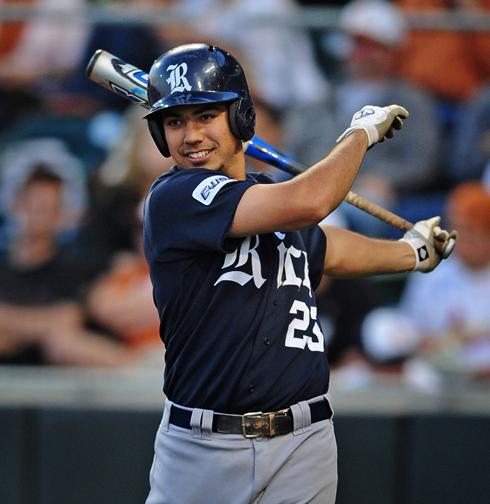
yet. Likewise, free agency played a big part in helping Rizzo build the Nationals. Through free agency, Washington was able to bring in starting pitchers Max Scherzer, Patrick Corbin, and Anibal Sanchez, along with catcher Kurt Suzuki, second basemen Brian Dozier and international prodigies Juan Soto and Victor Robles. However, because of free agency, D.C. lost key players over the years such as Bryce Harper, who signed a then record $330 million dollar contract over 13 years with the rival Philadelphia Phillies, pitcher Jordan Zimmermann, Ian Desmond, and catcher Wilson Ramos.
Even with all of the shuffling of talent in Nationals organization, Rizzo’s plan came together in 2019. Yet, it didn’t start that way. The Nationals began 2019 sporting a 19-31 record, with fans calling for manager Dave Martinez and Mike Rizzo to both be fired. At that point in the season, the Nationals had just finished off a horrendous month of May, being swept by the New York Mets and Milwaukee Brewers, along with losing a series to the hated Philadelphia Phillies and St. Louis Cardinals. The team also had less than a .1% chance to win the World Series, and all hope was thought to be lost. The only bright spot seemed to be the signing of veteran outfielder Gerrardo Parra, who had been a productive player throughout his lengthy career, but never a complete game changer. The season began to turn around in June, as the Nationals boasted an 18-8 record and began to gain some swagger, largely due to Parra’s now infamous walk up song “Baby Shark.” At first, the song was meant to entertain his two year old son, but soon the Nationals and their fans began to embrace it. By the July 31st trade deadline, the Nationals had completely turned their season around, and Mike Rizzo now had more work to do. To help the Nationals playoff push, Rizzo traded for Toronto Blue Jays’ reliever Daniel Hudson, along with a few other relievers from different teams. August was another good month for Nationals, going 19-7, sweeping the Cincinnati Reds, Chicago Cubs, and Sam Francisco Giants. At the end of the regular season, the Nationals finished
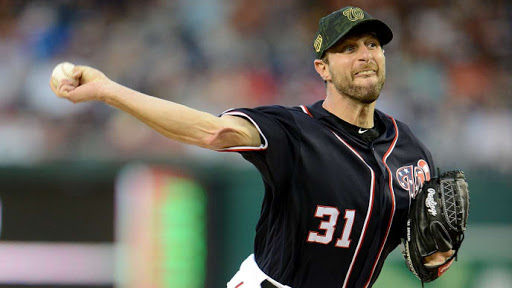
with 93 wins, only four behind the division winning Braves. The 93 wins were in large part due to the massive production from hitters Juan Soto and Anthony Rendon, who both hit 34 home runs and posted on base percentages over .400. Nationals pitchers also played a big role in helping secure a playoff berth, as the big three of Max Scherzer, Stephen Strasburg, and Patrick Corbin all recorded an earned run average lower than 3.32 and more than 235 strikeouts.
After the unlikely season turnaround, the Nationals were set to play host to the Milwaukee Brewers in the winner take all wild card game. For the first eight innings, the game looked like a lost cause. The Nationals offense couldn’t get much going, and starting pitcher Max Scherzer allowed an early two run home run to Brewers catcher Yasmani Grandal,putting the Nats down early. The season seemed even more destined to die in the Wild Card game, when the Brewers brought in NL Reliever of the Year award winner Josh Hader to work the 8th inning. But, the mood started to change after Hader loaded the bases. This turn of events brought up Juan Soto, who ripped a double into right field, clearing the bases and giving the Nationals the lead and ultimately the win, advancing the Nationals to the NLDS by the tiniest of margins. In the NLDS, the Nationals would face the 106 win Los Angeles Dodgers, who took a commanding 2-1 series lead heading into game four. The Nationals were able to tie up the series at home, and force a game 5 in L.A. Once again, in a winner take all game, the Nationals found themselves down 3-1 in the 8th inning against one of baseball’s best pitchers, this time multiple time Cy Young award winner and All Star Clayton Kershaw. Be that as it may, the Nationals came up clutch yet again, this time with Anthony Rendon and Juan Soto hitting back to back home runs to tie the game. A Howie Kendrick grand slam in the 10th gave the
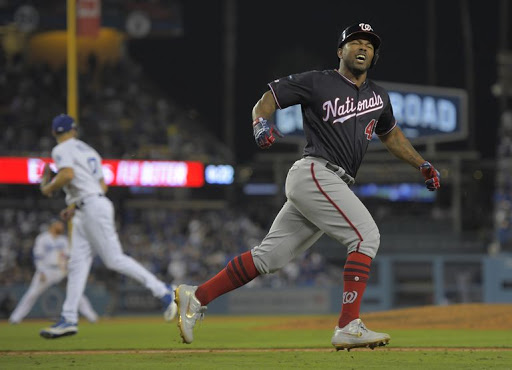
Nationals a 7-3 lead that they would never give back. This improbable NLDS victory over the Dodgers marked the first time in team history that the Nationals had won a playoff series, and the first time they would be advancing to the NLCS. Next, the Nationals squared off against the St. Louis Cardinals, who they handled with ease in four games, clinching the first World Series appearance in franchise history.. Cardinals’ hitters only had 16 hits and a .130 average over the 4 games, mostly due to the dominant pitching performances by Anibal Sanchez and Max Scherzer in games one and two.
In the final series of the season, the Nationals would end up facing off against the Houston Astros, who had defeated the Tampa Bay Rays and New York Yankees to get to the World Series. The Astros and Nationals would battle to the World Series maximum of seven games, as the Nationals had a 2-0 series lead before losing 3 straight games at home, but then going back to Houston and winning game six. Throughout game seven, Astros’ pitcher Zack Greinke dominated the Nationals hitters, until he allowed a solo home run to Anthony Rendon in the 7th inning, cutting Houston’s lead down to 2-1. Astros manager A.J. Hinch decided that he had seen enough of Greinke, and brought in relivier Will Harris to close out the inning. Harris proceeded to walk Juan Soto, and on a 0-1 pitch to Howie Kendrick, allowed a lead changing two run home run that hit off the right field foul pole. The Nationals would pile on more runs in the 8th and 9th innings, and reliever Daniel Hudson struck out left fielder Michael Brantley to win the first ever
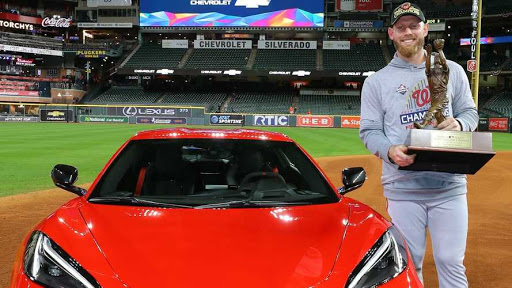
World Series in Washington Nationals history, and the first World Series D.C. had won since 1924. Starting pitcher Stephen Strasburg won World Series MVP because of his masterful performances in games two and six. Strasburg was also the first ever player in MLB history to go 5-0 throughout the entirety of the playoffs. This World Series victory was the first for many players on the Nationals roster, including Max Scherzer, who lost the World Series while playing with Detroit in 2012, veteran Howie Kendrick, who is 36 and came up clutch in many important moments during the playoffs, and Mr. National himself, Ryan Zimmerman, who is responsible for the Nationals first playoff home run and World Series home run.
While almost nothing is for certain about the future of the Nationals, one thing is for sure: the Nationals are World Series Champions. Washington D.C,’s fourth major baseball team taught everyone a lesson that must not be soon forgotten: hard work, dedication, patience, and teamwork always pays off.


